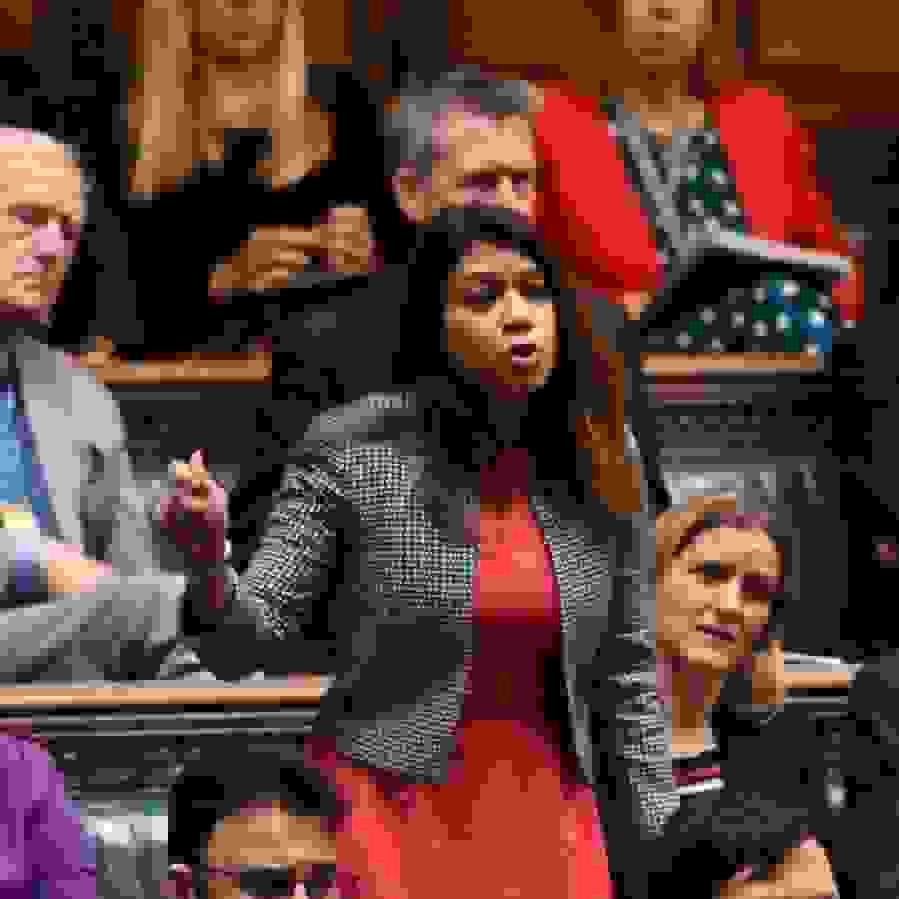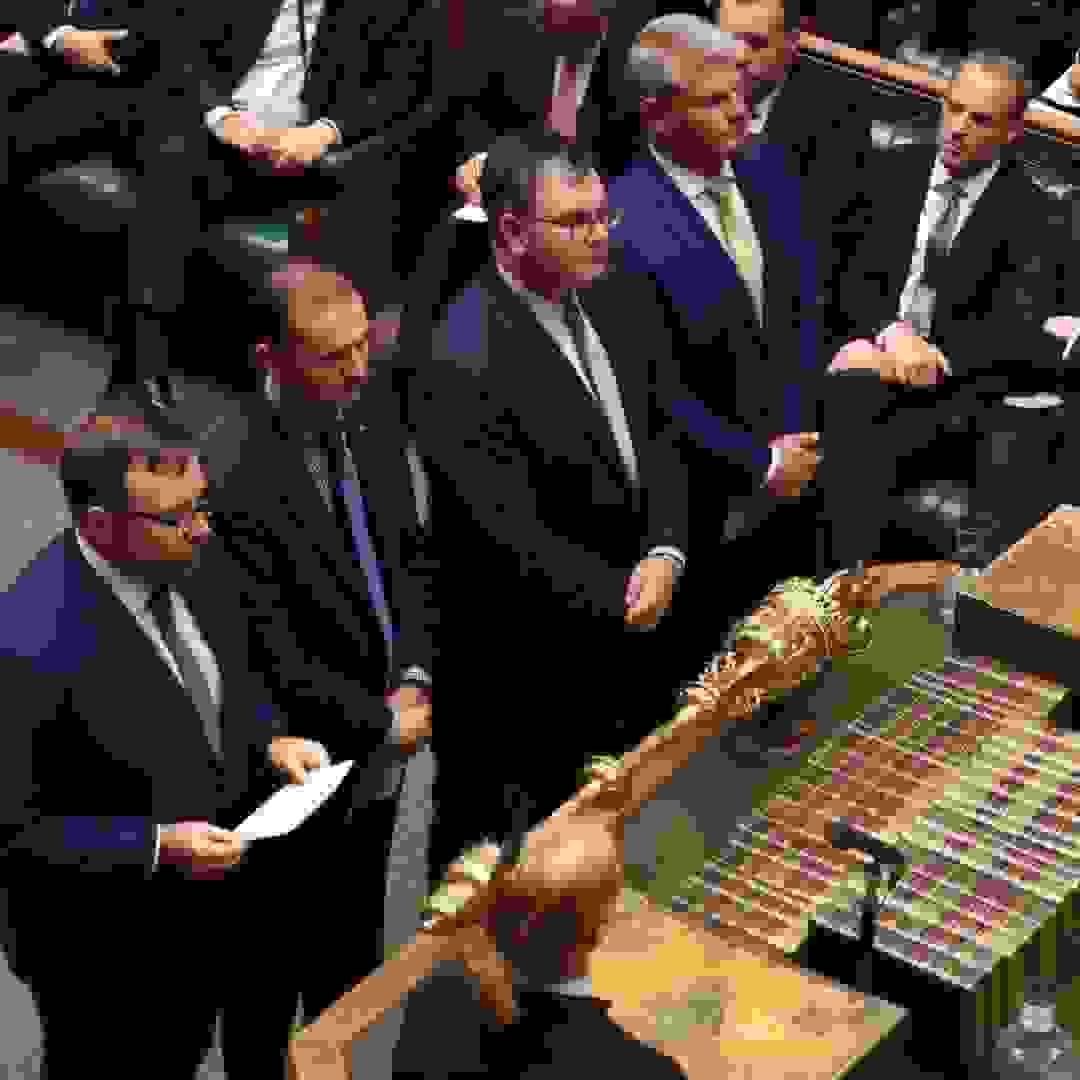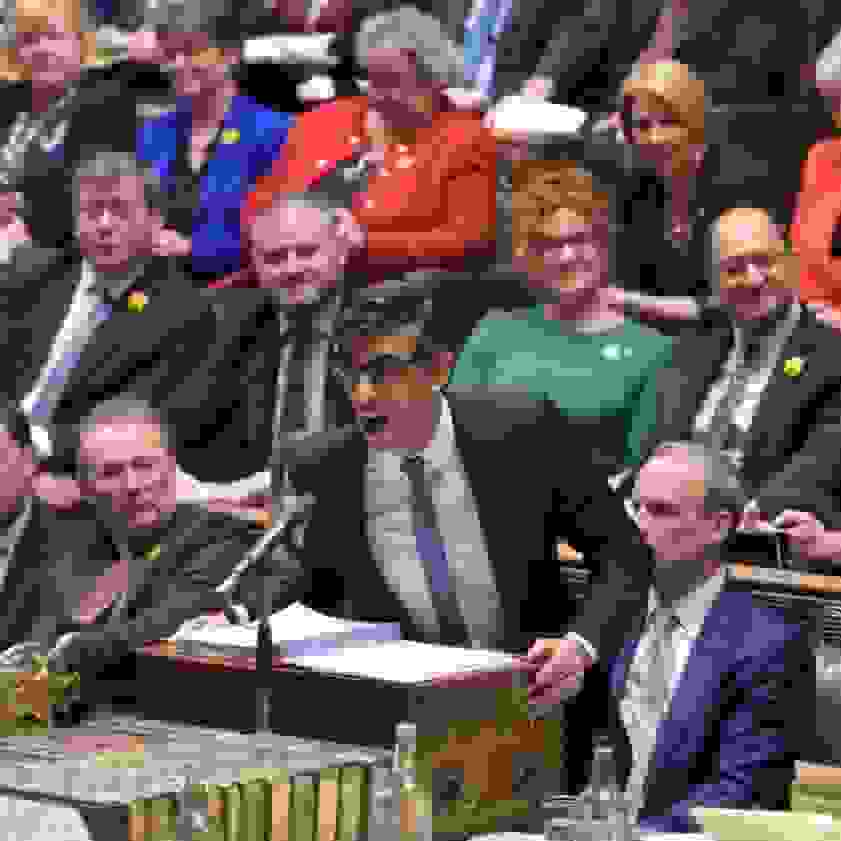News / What happens when you lose the party whip? A conversation with Neil Duncan-Jordan MP - Parliament Matters podcast, Episode 131
Labour MP Neil Duncan-Jordan reflects on rebelling against the whip and calling for Keir Starmer to resign, as we assess the fallout from the Mandelson–Epstein affair and its implications for the Government’s legislative programme and House of Lords reform. We examine Gordon Brown’s sweeping standards proposals, question whether they would restore public trust, revisit tensions over the assisted dying bill in the Lord and discuss two key Procedure Committee reports on Commons debates and internal elections. Listen and subscribe: Apple Podcasts · Spotify · Acast · YouTube · Other apps · RSS






